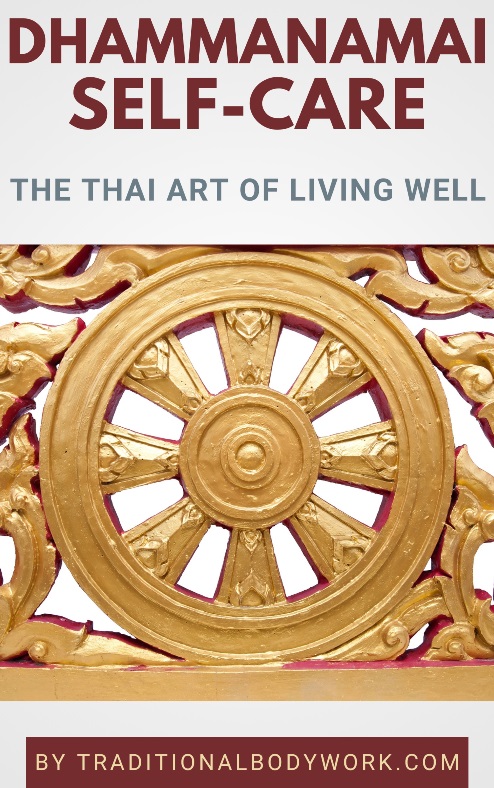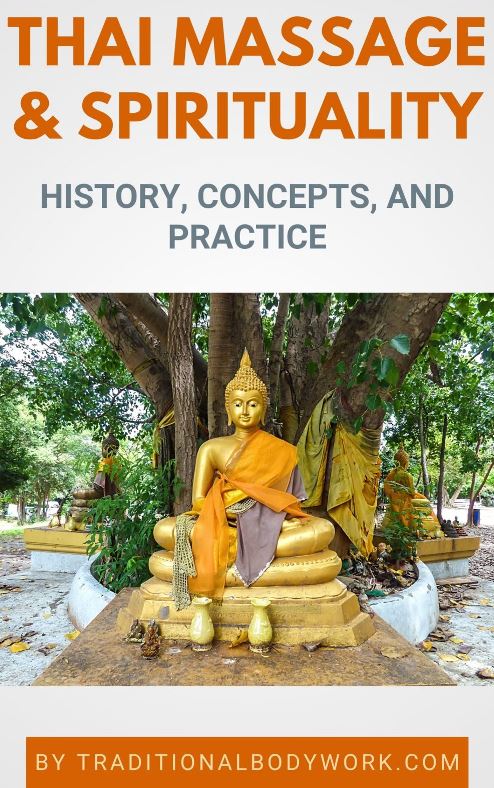
Metta Meditation is a Buddhist meditation technique that aims at cultivating mental and physical wellbeing through Metta (Loving Kindness).

The technique is focused on acquiring Loving Kindness for all living beings including ourselves, in a selfless and altruistic way, and imparts happiness and peace of mind to the receivers and to the practitioner. Metta Meditation is thought to cut both ways.
Within Buddhist practices the cultivation of a positive mind with properties such as kindness, thoughtfulness, compassion, and mental clarity is related to the ideas of “making merit,” to Karma, and reincarnation, and as for the latter: the aim of ending the cycle of reincarnation and suffering.
Buddhism offers a variety of meditation techniques to cultivate compassion, open-heartedness, mindfulness, clarity of mind, spiritual insight, and Metta. Think of techniques such as Zazen Meditation (Japanese Buddhist Sitting Meditation), Vipassana Meditation (typically practiced within Theravada Buddhism), Anapanasati Meditation, and Samatha Meditation, among others.
As for Metta Meditation, it’s a practice that actively cultivates positive mental states. Its goal is to counter our negative mental habits and instead of those nurture love, kindness, and goodwill to all living creatures — for ourselves, mankind, animals, and plants.
It operates as a form of positive self-suggestion. With this technique, one should not force feelings. It’s more like a concentration exercise by regularly repeating positive phrases, mantras, or affirmations, which then become a natural part of our thinking, feeling, and way of life.

There are no specific postures or other preparations needed to engage in Metta Meditation, although it’s often performed in a sitting position on the floor or on a couch in a calm environment. Nevertheless, Metta Meditation can be done anywhere and at any moment, typically practiced every day at least once a day hence making it part of one’s lifestyle.
A well-known example of phrases that practices Metta Meditation for ourselves is: “May I be well, happy, and peaceful. May no harm come to me. May no difficulties come to me. May no problems come to me.”
In one’s meditation one would then extent these wishes to others. That is, one would substitute the “I” for “My parents,” “My relatives,” “My friends,” “My acquaintances,” “My enemies,” “All living beings,” and so on.
That what Metta Meditation brings about is the spirit in which we should approach life according to Buddhist thought, that is, naturally and selflessly bringing kindness, love, joy, and eventually peace and healing for the receiver and for oneself.



















